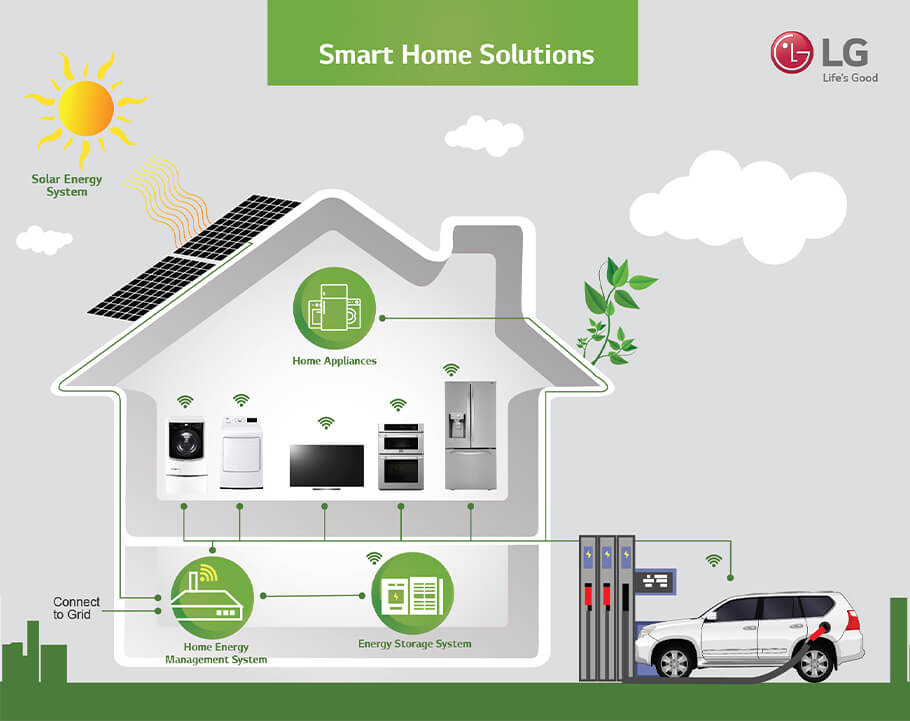

**Savings from Charging Your EV with Solar Panels**
As electric vehicles (EVs) gain traction, numerous owners are seeking eco-friendly ways to power their vehicles. One of the most efficient strategies is utilizing solar panels to charge EVs, which not only lessens dependence on fossil fuels but also results in substantial monetary savings. This article examines the advantages and possible savings associated with charging your EV using solar panels.
**1. Initial Investment and Setup**
The upfront expense of installing solar panels can be considerable, contingent on the system size and local installation expenses. On average, a home solar panel system may range from $15,000 to $25,000 before tax credits and incentives. Nonetheless, federal and state incentives can greatly lower these expenses. For example, the federal solar tax credit enables homeowners to deduct a portion of the installation cost from their taxes.
**2. Energy Independence and Cost Savings**
After installation, solar panels generate free electricity, minimizing or potentially eliminating your monthly electricity charges. Charging an EV with solar energy means you rely less on the grid, protecting you from variable electricity rates. The cost of grid electricity can change significantly based on location and usage time, but solar energy offers a stable and foreseeable power source.
**3. Long-Term Financial Benefits**
The long-term financial gains from using solar panels to charge an EV are considerable. Throughout the lifespan of a solar panel system, generally 25-30 years, homeowners can save tens of thousands on their electricity bills. Moreover, the price of solar technology has been decreasing, making it more attainable for a broader array of consumers.
**4. Environmental Impact**
Charging an EV with solar panels considerably diminishes your carbon footprint. While EVs are already more environmentally conscious than conventional gasoline vehicles, powering them with solar energy further boosts their sustainability. Solar energy is a clean, renewable resource that lowers greenhouse gas emissions and decreases reliance on fossil fuels.
**5. Increased Property Value**
Properties outfitted with solar panels frequently experience an increase in market value. Potential buyers are more inclined toward energy-efficient homes, and a solar panel system can serve as a crucial selling feature. This enhanced value can assist in balancing out the initial installation expenses.
**6. Technological Advancements**
Progress in solar technology and battery storage solutions is streamlining and enhancing the efficiency of charging EVs with solar power. Current solar panels are more effective, and battery storage solutions enable homeowners to retain surplus energy for use during cloudy durations or at night.
**Conclusion**
Charging your EV using solar panels is a wise financial and environmentally responsible decision. While the initial investment might appear intimidating, the long-term savings on electricity expenses, alongside environmental advantages and potential boosts in property value, render it a valuable option for EV owners. As technology advances and prices decline, the incorporation of solar energy into EV charging is likely to become increasingly appealing and accessible.






